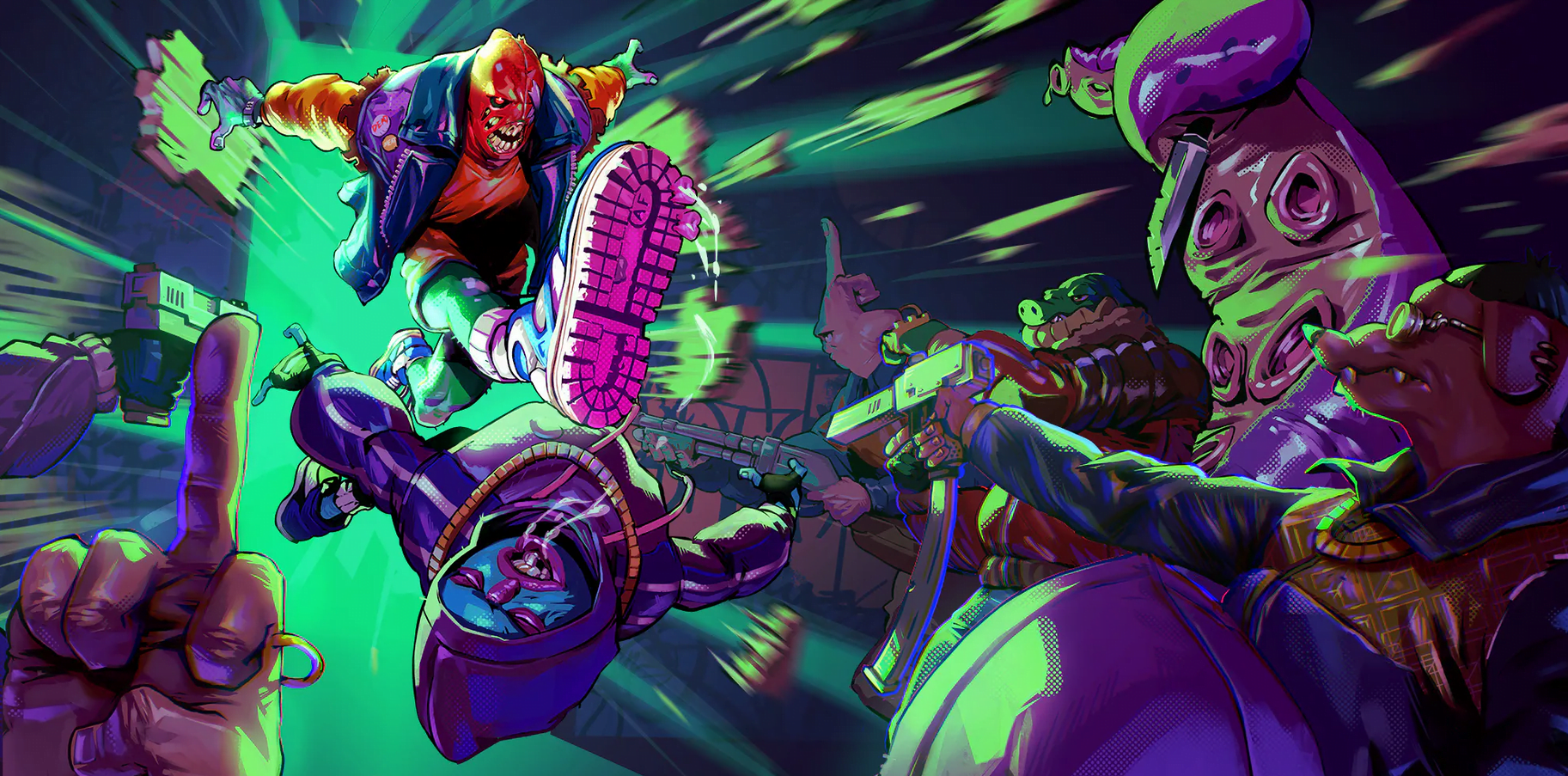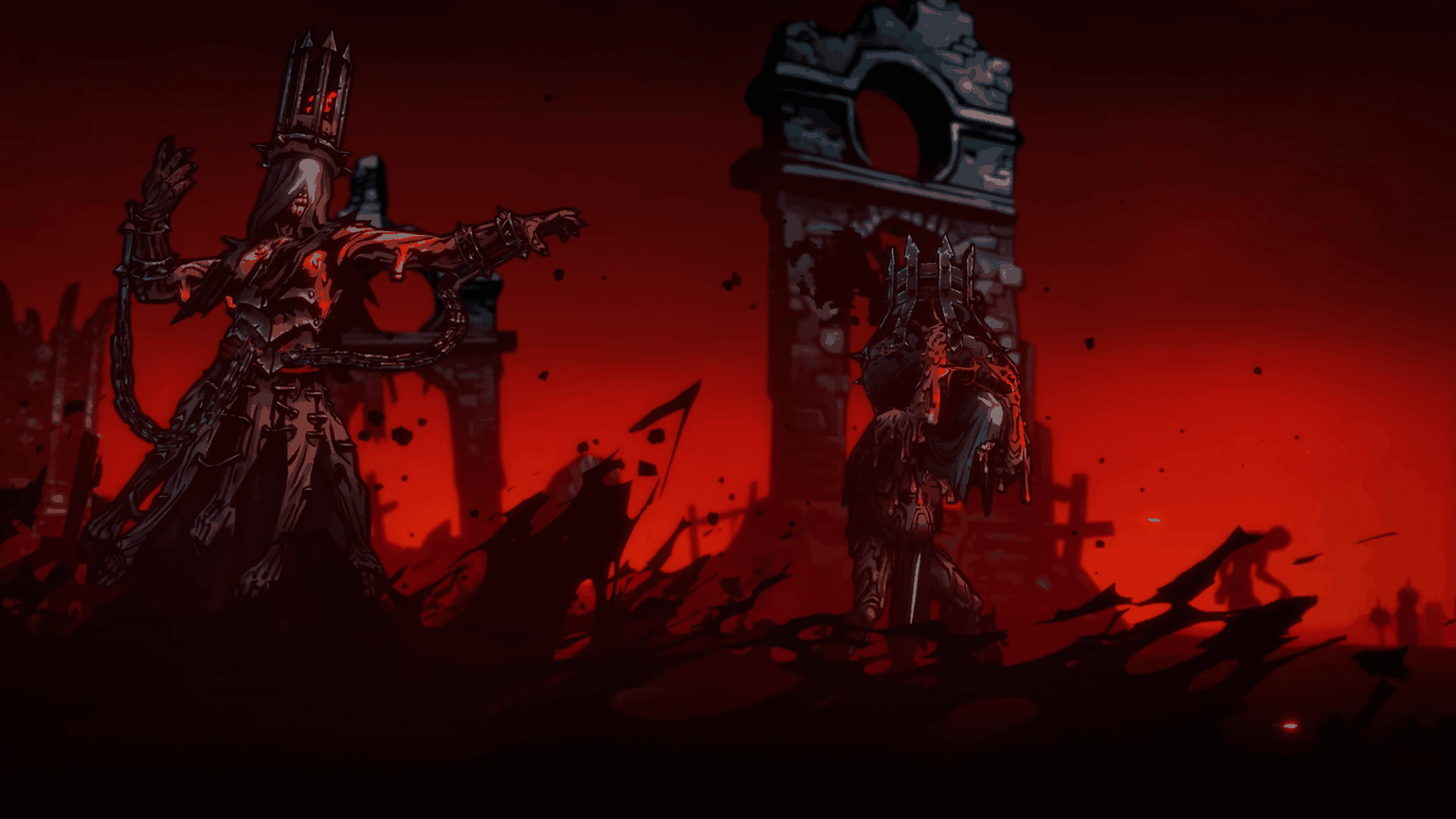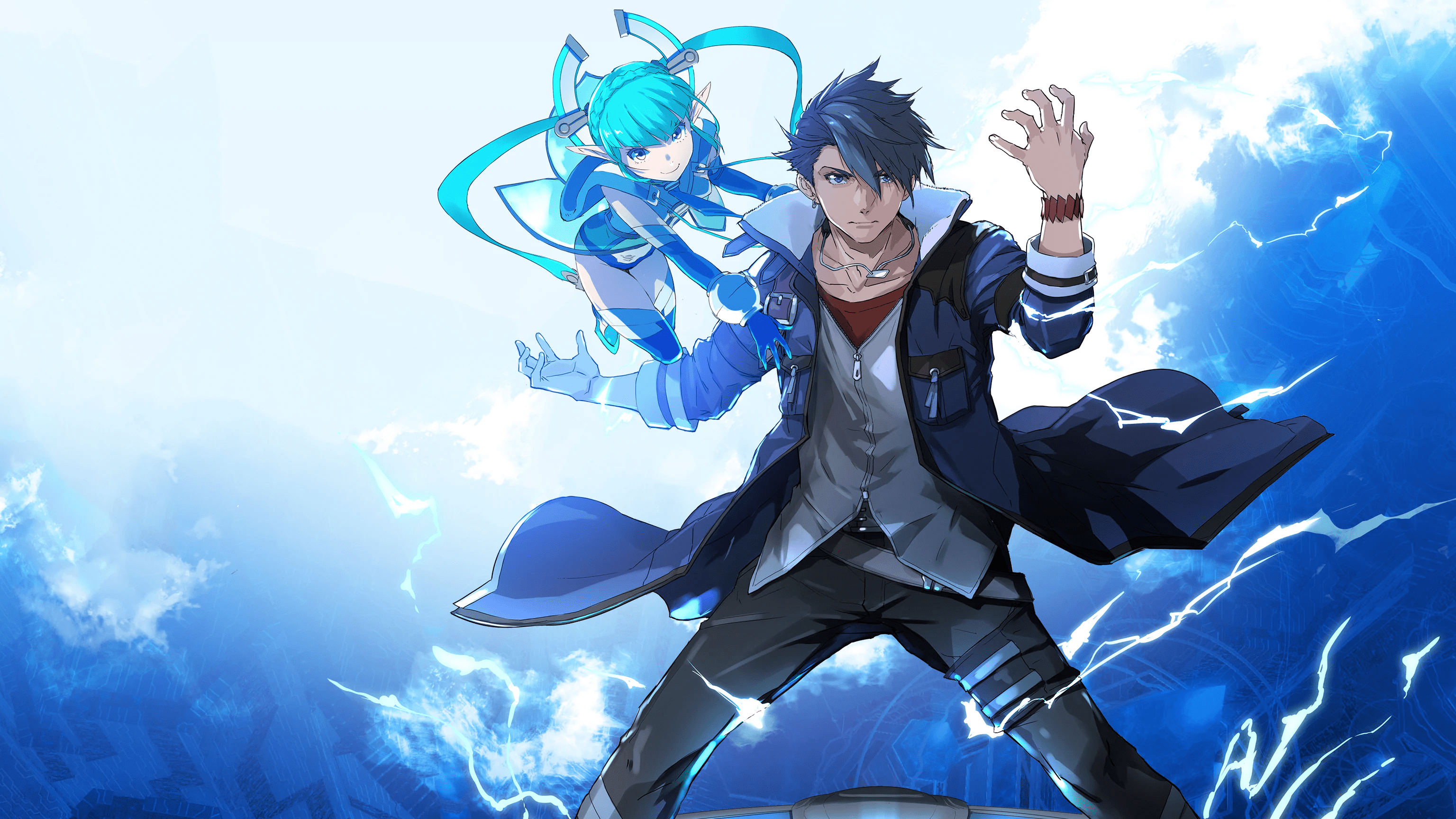First rule of storytelling: Is this the most interesting part of your protagonist’s life? If it isn’t, why aren’t you showing us that? Persona 4 way back in 2008 was a fairly fresh RPG with an eclectic and timeless cast. Then Atlus followed up a few years later with Arena and its fantastic sequel, and a few anime adaptions, and a 3DS crossover with Etrian Odyssey named Persona Q. Atlus has never stretched a set of characters out for nearly as long as they’ve done with the Persona 4 cast, and the “most interesting part” has been long over. Dancing All Night is the fifth situation we’ve followed the investigation team through, and while the style still bursts forth, it’s getting rather contrived.
 Idol and team member Rise Kujikawa is prepping for her return to the stage, and has enlisted the help of her friends to act as backup dancers at the big ‘love meets bonds’ festival. During the run up to the event, a rumour echoing the original Midnight Channel case starts going around and idols start disappearing without a trace, and the Investigation Team naturally pokes around it.
Idol and team member Rise Kujikawa is prepping for her return to the stage, and has enlisted the help of her friends to act as backup dancers at the big ‘love meets bonds’ festival. During the run up to the event, a rumour echoing the original Midnight Channel case starts going around and idols start disappearing without a trace, and the Investigation Team naturally pokes around it.
To get it right out of the way, the premise of the story pushed at my suspension of disbelief regardless of how wholeheartedly the game committed to it. The framing for the dancing is that the world of the Midnight Stage rejects any violent action, so they need to release the shadows from the control of the world by communicating their feelings. No matter how earnestly the game tried to hold up this device, it’s flimsy at best.
This is probably also the game where Atlus has been the most free with the fan service. It’s not like Persona 4 has never discussed breasts (mostly thanks to the series resident pervert, Teddie), but we’ve never gotten to quite to the level several occasions in the game get to, including insinuations of a teenage idol getting a boob job and one particularly gratuitous cleavage shot of Rise. It’s nothing to keep you from playing the game outside of a locked room, but it’s jarring none the less.
The narrative isn’t impossible to get through if you don’t put too much stock in it, however, and the structure it borrowed from Persona 4: Arena Ultimax helps keep events clearly in perspective even as you progress along multiple paths. The touchstone plot points are much the same as they’ve been throughout the series, with a focus on personal identity against society expectation.
There is no personal growth during the narrative for the main investigation team, but new character Kanami Mashita becomes the heart of the narrative for it. Her arc begins about halfway through the six-hour story mode, and involves her efforts to solve the mystery. Without spoiling things too much, she becomes central to the plot and probably the most interesting person there, which is strange to see from a cast we’ve come to know as more than the two-dimensional avatars we see here.
The focus, and probably the best part of the game is in the dancing itself, which is as smooth as the moves of the dancers on screen. Notes fly from the centre of the screen to either side as you tap along to the beat. There are only a handful of note styles to handle, even on the hardest difficulties, and it never asks for more than two simultaneous inputs.
Dancers are unfortunately song specific, though it’s not an unreasonable limitation. The world is not ready to handle the burley and manly Kanji rigged to the dancing animations of the quiet and elegant Yukiko. All their personalities shine through in their routines, assuming you take the time to go back into replay mode. Dancing All Night suffers a lot from “Beatles Rock Band syndrome,” where it’s clear a ton of effort went into the blur of movement and colours going on behind the gameplay that demands your full attention.
A rhythm game is just glorified Simon Says without a strong set-list though, and this is where it’s kind of a toss up whether Dancing All Night stumbles for you or not. The set-list included on the cartridge is about 25 strong in total, but at least a quarter of those are duplicates. They’re remixed into another style, sure, but it doesn’t change the fact that you’ve got two different versions of songs like ‘Signs of love,’ ‘Your affection,’ ‘Best Friends,’ and three for ‘Shadow World’.
 Dancing All Night feels like such a natural spin-off direction when it was announced because the series is so lauded for its soundtrack, but even based off the DLC plans, it missed so many marks, including tracks like ‘I’ll Face Myself.’ This isn’t even going to get into how much they left on the table by opting against including anything Persona 3 in there. It’s equally disappointing how they chose to lock hugely popular songs like ‘Break out of…’ and ‘Key plus words’ behind DLC instead of just giving us a respectable set-list straight out.
Dancing All Night feels like such a natural spin-off direction when it was announced because the series is so lauded for its soundtrack, but even based off the DLC plans, it missed so many marks, including tracks like ‘I’ll Face Myself.’ This isn’t even going to get into how much they left on the table by opting against including anything Persona 3 in there. It’s equally disappointing how they chose to lock hugely popular songs like ‘Break out of…’ and ‘Key plus words’ behind DLC instead of just giving us a respectable set-list straight out.
The tracks that are included are remixed beautifully, however, and for all my gripping about them, the different remixes of the same song do feel largely different. I didn’t have more than a couple of songs that I wasn’t super enthusiastic to play, with some of my favourites from the series like ‘Snowflake,’ ‘Now I Know,’ and ‘Best Friends’ getting some amazing remixes to complement the dance game kind of tempo.
Persona 4: Dancing all Night isn’t the strongest capstone for the Persona 4 saga we’ve grown so close to over the years, and is probably the first time the Investigation Team’s adventure has felt long in the tooth. Yet the singular sense of style that bursts forth from the game is too infectious to ignore. Nostalgic trip down memory lane or contemporary rhythmic compulsion, Persona 4: Dancing All Night is an amazing time.






